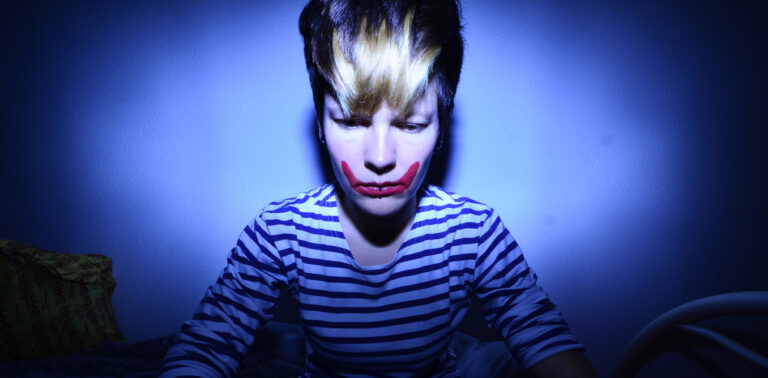The arts are plagued by mental health challenges, and it’s hardly surprising given the tough and precarious working conditions that creative individuals often face. Many deal with uncertain job prospects, low wages, financial instability, poor working environments, and frequently unpredictable hours. A particularly troubling aspect is the expectation for entertainment industry workers, especially artists, to provide their services without pay. This scenario is often framed as “in-kind support” for “exposure” or for “building a portfolio,” but seldom translates into monetary compensation that can cover living expenses like food or rent.
A study conducted by Victoria University, titled Working in the Entertainment Industry, published in August 2015, uncovers alarming statistics about people working in the creative sector.
When compared to the general populace, creative professionals are:
- Three times more likely to suffer from sleep disorders;
- Ten times more likely to display symptoms of anxiety;
- Five times more likely to show signs of depression;
- Experience higher rates of suicidal thoughts, planning, and attempts;
- And have increased rates of drug and alcohol use and misuse.
“It is challenging for individuals to maintain a healthy self-image when creatives are frequently devalued, and their skills are seen as worth nothing at all,” says Jennifer Anderson from the University of Melbourne.
An artist’s creations are profoundly personal, reflecting their unique personality, experiences, aesthetics, time, and talent. It’s easy to see how such industry conditions can undermine their autonomy, security, self-esteem, and sense of worth, leading to issues like depression, anxiety, and other mental health struggles.
However, it’s reassuring to know that you are NOT alone in this. Please feel free to share your thoughts and experiences in the comments section below. Together, we can uplift each other.



1 Comment
It’s really a cool and useful piece of info. I’m glad that you shared this helpful info with us. Please keep us informed like this. Thanks for sharing.